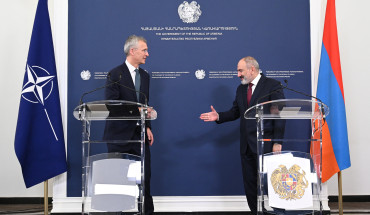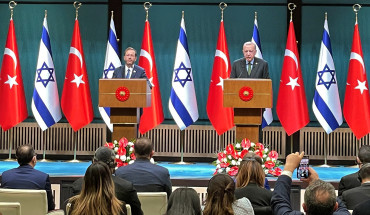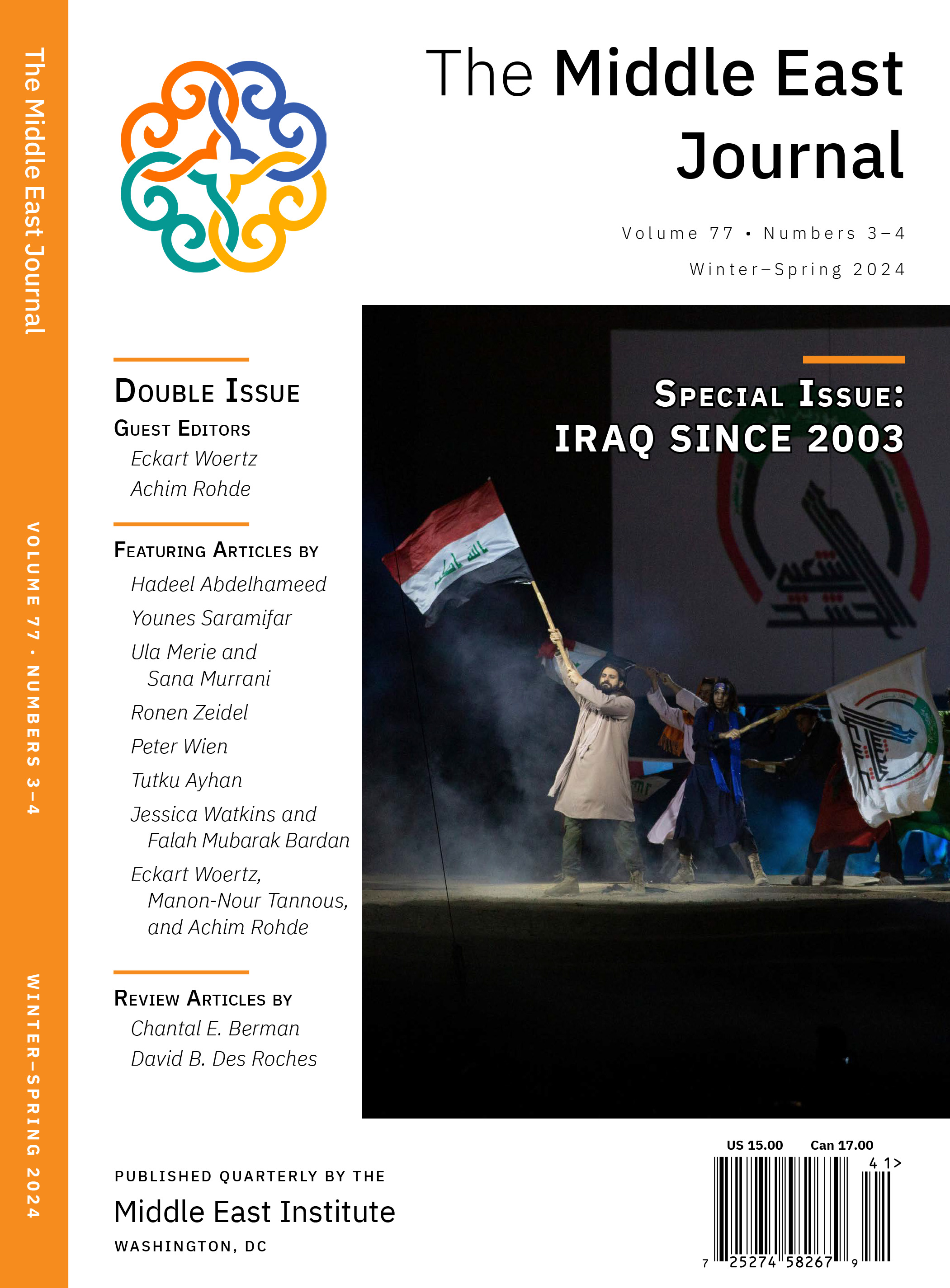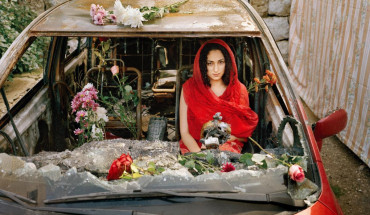Before Tunisian voters have their say in the presidential election on Oct. 6, state institutions have already had theirs. The security services, judicial authorities, and the High Independent Electoral Authority (ISIE) have either obstructed or officially barred over a dozen potential candidates from running. Of the three eligible candidates officially approved by the ISIE, only President Kais Saied and former Saied supporter Zouhair Maghzaoui remain outside of prison. Candidate Ayachi Zammel was arrested on Sept. 6. Many other potential candidates attempted to run from prison or were jailed for alleged technical violations of election laws. By restricting the list of potential candidates effectively to two, state institutions have embraced their historically paternalistic, modernizing role toward a distrusted citizenry.
Arriving at this point was not smooth or completely without resistance. Politics and the struggle over authority and power have been operating at a different register: largely within state institutions. It is in this context that the administrative court’s Aug. 27 and 29 rulings in favor of reinstating two candidates previously barred from running by the ISIE must be understood: as a challenge from the judiciary to the executive and the executive-dominated ISIE. In April 2022, President Kais Saied issued a decree that effectively gave him power over the ISIE’s leadership. While the ISIE has since rejected the administrative court decisions, vaguely citing the “impossibility of implementing” them, this in itself has sparked a crisis of legitimacy, with protesters mobilizing to demand the ISIE respect the court’s decision and about 90 law professors questioning the legitimacy of the upcoming elections in an open letter if the order is not upheld.
While the executive branch of the Tunisian government has dramatically ramped up its attempt to fully control the judiciary in recent years, the latest court decision and outcry by law professors signal that there is still resistance to centralized power within state institutions, both from within the courts and from state universities. Moreover the Tunisian General Labor Union (UGTT), which operates nationally, has a history of acting almost as a parastatal organization, and has public officials as its most important constituent members, also released a statement on Sept. 3 condemning the ISIE’s decision to ignore the court’s reinstatement of candidates as “illegal” and “a flagrant attack on judicial authority and judicial verdicts.” At the same time, one new coalition of civil society organizations and political parties calling itself the Tunisian Network for Rights and Freedoms held a relatively large preliminary protest in Tunis on Sept. 13, and there may be others in the run-up to Oct. 6.
Policing potential presidential candidates
Initially the ISIE had barred several opposition figures from running in the elections, while police and prosecutors raised seemingly impossible barriers to their candidacies by instigating criminal investigations, arrests, and travel bans. This apparent repression follows years of rhetoric by President Saied implying that opposition figures were “traitors” and threats to the security of the Tunisian state. Meanwhile, media have given little coverage to opposition figures and activists since Saied took full power on July 25, 2021, while Decree 54 of 2022, allegedly crafted to stop the spreading of false news, has led to the prosecution and arrest of several journalists, bloggers, and media commentators, contributing to a climate of censorship and self-censorship. Activists supporting individual liberties and human rights have raised the alarm that these measures have cumulatively created, in the words of Tunisian League of Human Rights (LTDH) head Bassem Trifi, a trajectory toward a “new dictatorship.”
So it came as a surprise to many when the Administrative Court ruled on Aug. 27 to reinstate the candidacy of Abdellatif El Mekki, a former Ennahda leader who resigned from the party with 113 others on Sept. 25, 2021. Unlike the rest of Ennahda, Mekki and those who resigned had not claimed that President Saied’s July 25 suspension of parliament amounted to a “coup” but rather was merely an “unconstitutional” move. Instead they saw Saied’s subsequent centralization of powers on Sept. 22, 2021, as the measure that marked a “coup.” Two days later, on Aug. 29, the court also ruled in favor of reinstating the candidacy of Mondher Znaidi, a former minister under President Zine El Abidine Ben Ali.
It is significant that both candidates the court ruled in favor of were figures who had distanced themselves from the parties that governed Tunisia since the 2011 revolution and became increasingly unpopular during their rule. One key source of President Saied’s own popularity has been his rebuttal of the way the parliamentary system and especially party politics governed Tunisia over the decade prior to his assumption of full powers in 2021. Since Saied inaugurated a new presidential system, political parties have continued to suffer from a lack of popularity due in part to: their failure to offer alternative visions or narratives for Tunisia’s future beyond a return of the status quo ante of July 25, 2021; their rejection of working together (for example, the Free Constitution Party [PDL] and Ennahda), and their inability to organize effectively under repression — whether in the form of arrests, detention of their lawyers, media that have avoided giving them coverage, or businesses that have declined to rent spaces to them.
So why ban opposition candidates from running when they already lack popularity and have significant obstacles to regaining support? Moreover, there is the allegation from accepted candidate Maghzaoui that Saied is exploiting state resources and institutions in his presidential campaign. Maghzaoui went so far as to call on Saied to resign for what he alleges are the president’s unfair campaigning advantages — a sharp departure from his previous political alignment with Saied. If Saied is a shoo-in to win, what has motivated the suppression of candidates? Possibly there are concerns that, although unlikely, another candidate could win, or that elections could go to a run-off, or that a contentious election process could provoke widespread instability that taps into socioeconomic dissatisfaction.
Those currently in power within the state apparatus appear to be excising political tendencies that do not fall within a highly circumscribed arena of “acceptable” politics, i.e., they are not strictly adhering to the July 25, 2021, rhetoric of “correcting the path” of the 2011 revolution. In other words, the state is trying to send a signal that certain candidates are not so much a threat to the current governing system in themselves as that they are representative of a form of politics — contentious multiparty politics — that the state deems illegitimate. The state is throwing its full weight behind a narrow band of acceptable forms of political speech and indicating that the rest is illegitimate. It is partisan pluralism itself rather than the individual candidates that are considered potential threats to the system. With dissenters and opposition figures rebranded as criminals by the state, the remaining political voices allowed within formal political spheres appear to be in consensus.
Fadil Aliriza is the founder and editor-in-chief of Meshkal.org, an independent news website in English and Arabic covering Tunisia, and a Non-Resident Scholar with MEI’s North Africa and Sahel Program.
Photo by Fethi Belaid/AFP via Getty Images
The Middle East Institute (MEI) is an independent, non-partisan, non-for-profit, educational organization. It does not engage in advocacy and its scholars’ opinions are their own. MEI welcomes financial donations, but retains sole editorial control over its work and its publications reflect only the authors’ views. For a listing of MEI donors, please click here.













